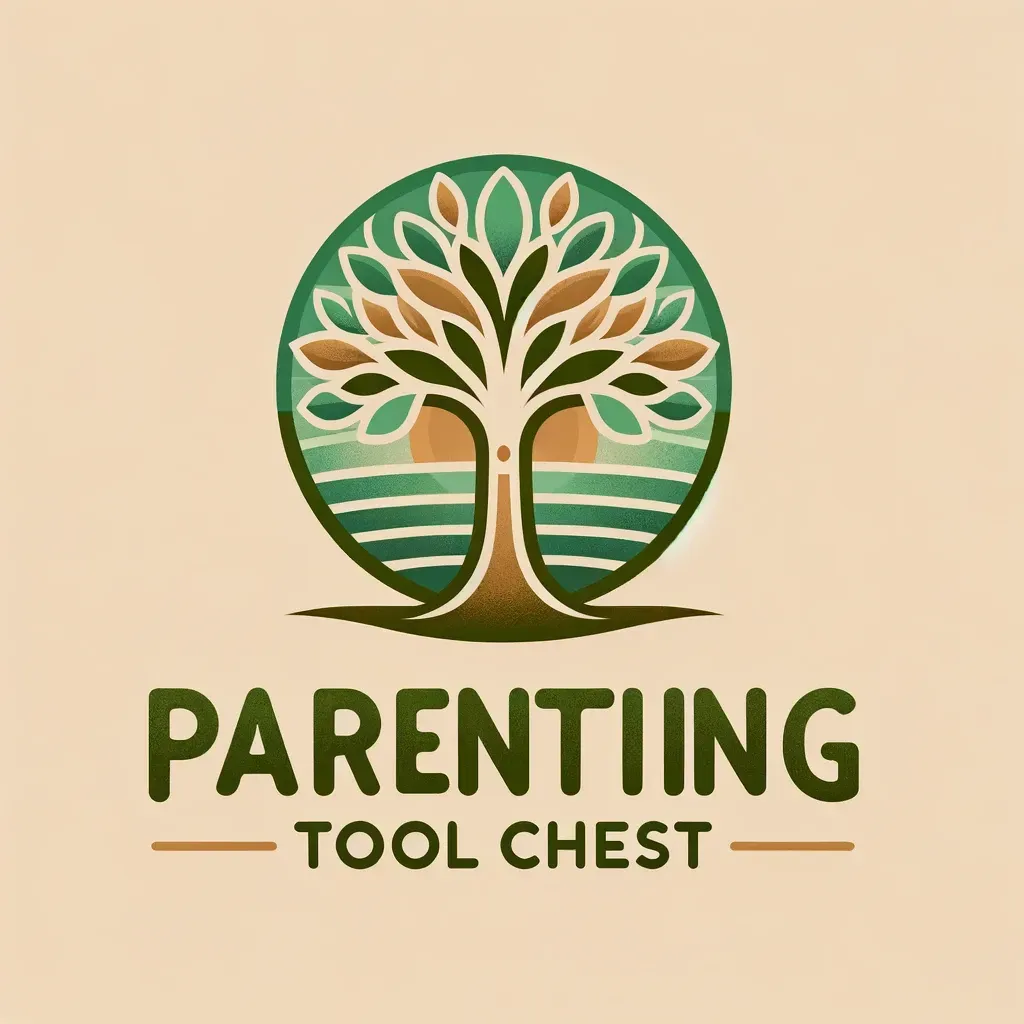Parenting with Purpose
Encouraging Growth and Development of Well-Adjusted Children

The Hidden Dangers of Secrets: How to Keep Your Child Safe Through Honest Conversations
Teaching children about the dangers of secrets and fostering open communication helps safeguard our children and also nurtures their emotional well-being and strengthens family dynamics. While we often focus on physical safety measures like helmets and seatbelts, an equally crucial lesson is setting boundaries around communication. In this blog, we will focus on understanding the difference between secrets and surprises.
Predators often use secrets as a tool for manipulation, creating a sense of power and control over the child. The phrase “This will be our little secret” is one of the most dangerous statements a child can hear, as it’s commonly used to groom and isolate them, eroding their trust in others. By teaching children never to keep secrets from their parents, they become empowered to resist manipulation and they are more likely to report uncomfortable or dangerous situations before they escalate.
Open communication, on the other hand, builds a foundation of trust and safety. When children feel they can openly share both good news and uncomfortable situations, they are better equipped to navigate life’s challenges. They know they can ask for help and receive guidance. This transparency creates a protective environment within the family.
Beyond protection, open communication also prevents harmful family dynamics, such as triangulation and coalitions, where secrets create power imbalances. When a child is encouraged to keep secrets, it often pits family members against one another or draws them into adult conflicts, weakening trust and damaging relationships. Transparency ensures that communication within the family remains clear and balanced, protecting family harmony.
Surprises are a better alternative to secrets. They offer a positive, healthy way to foster excitement and joy. Unlike secrets, surprises are temporary, positive, and ultimately shared with others. They reinforce the idea that communication is not about exclusion but connection. Teaching children that surprises are meant to be shared can steer us away from the dangers of keeping secrets, which can lead to feelings of guilt, confusion, or isolation.
Parents can strengthen family bonds by fostering an environment of trust and encouraging children never to keep secrets from their parents—especially when their safety or well-being is involved. Children thrive emotionally when they feel supported, connected, and secure, knowing they never need to carry burdens alone. Teaching children that real strength comes from openness, trust, and sharing equips them with the tools they need for emotional resilience and healthy relationships.
Additional Important Reasons Not to Keep Secrets from Parents:
Safety and Protection: Secrets can prevent parents from intervening in potentially dangerous situations. Open communication allows parents to provide protection and guidance when it’s needed most.
Building Trust: Honesty fosters deep trust between parents and children. When children feel they can share anything, they are more likely to seek help or advice when faced with challenges.
Emotional Support: Children often struggle with complex feelings they don’t fully understand. Sharing these emotions with parents can provide the support needed to process them in healthy ways.
Preventing Manipulation: Predators often use secrets to groom children, making them feel "special" before leading them into more harmful situations. Teaching children not to keep secrets protects them from this type of manipulation and abuse.
Promoting Honesty: Encouraging open communication reinforces the value of honesty, which is essential for building strong, healthy relationships and personal growth.
Avoiding Guilt and Anxiety: Keeping secrets can create feelings of guilt, anxiety, and confusion. Sharing with parents can alleviate these negative emotions and provide clarity.
Problem-Solving and Learning: Parents offer valuable advice, perspectives, and solutions. When children share openly, they learn problem-solving skills and feel supported in their decisions.
Maintaining Family Bonds: Open communication strengthens family connections, making children feel more secure and connected to their parents and siblings.
Modeling Healthy Communication: By creating a home environment where secrets are discouraged, parents model the kind of healthy communication their children can carry into all their relationships.
One of the most essential safety skills children should learn is the difference between secrets, privacy, and surprises. It’s worth asking: Do you know the difference? And more importantly, do your kids? Teaching them this distinction ensures that they understand how to communicate in ways that promote safety, trust, and joy. Let’s equip our children with the confidence to share openly, empowering them to thrive emotionally, socially, and within the family.
Instagram: parentingtoolchest
Facebook: Parenting Tool Chest
